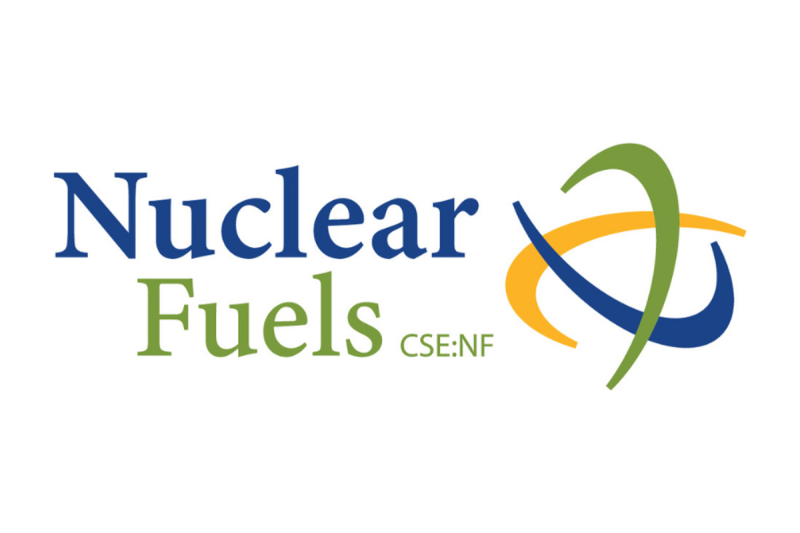
Unleashing the Power: A Deep Dive into Nuclear Fuels
Nuclear Fuels: Powerhouse of the Future
To commence, it’s imperative to understand exact specifications of nuclear fuels. Essentially, nuclear fuel is a substance used in nuclear power stations to produce heat to power a nuclear reaction. Some commonly known types include uranium-235, uranium-238, thorium-232, and plutonium-239. Not all nuclear fuel is created equal as each possesses different characteristics that can determine their practicality and efficiency in generating nuclear energy.
Uranium-235, for instance, is a naturally occurring isotope. While it comprises a negligible percentage (only 0.72%) of natural uranium, it is primarily exploited due to its unique fissile nature, meaning that it can sustain a nuclear chain reaction. Advanced technology has birthed the creation of enriched uranium, which contains a greater percentage of uranium-235, allowing for a more vigorous and effective nuclear fission.
On the other hand, uranium-238, the most substantial component of natural uranium, is not fissile but rather fertile. It can metamorphose into plutonium-239, a fissile material, when bombarded with neutrons. Consequently, this potential nuclear fuel unlocks the ability to form a basis for the breeding of plutonium.
Meanwhile, in the farther corners of the periodic table sits another potential nuclear fuel, thorium-232. Similar to uranium-238, thorium-232 is not fissile but is fertile, which can be transformed into a fissile isotope, uranium-233 through the bombardment of neutrons. It is earning attention these days due to its high availability and lower radioactive waste generation.
Plutonium-239, stemming from uranium-238, is fissile and serves as an integral fuel for nuclear reactors and a component in nuclear weapons. Although it doesn’t occur naturally, it’s produced in copious amounts in nuclear reactors.
The exploitation and manipulation of these exemplar nuclear fuels within nuclear reactors are critical to the creation of nuclear power. Atoms of nuclear fuel are hit by neutrons, dividing the atoms and releasing a massive amount of energy in a process known as nuclear fission. This energy is then turned into heat, which produces steam that turns generators and ultimately produces electricity.
Some of the potential benefits surrounding nuclear fuels remain singular and significant. Nuclear fuels can provide a low-carbon power supply, helping counter the disturbing trend of global warming. Notably, nuclear fuels have a high energy density being capable of providing continuous and consistent power supply

